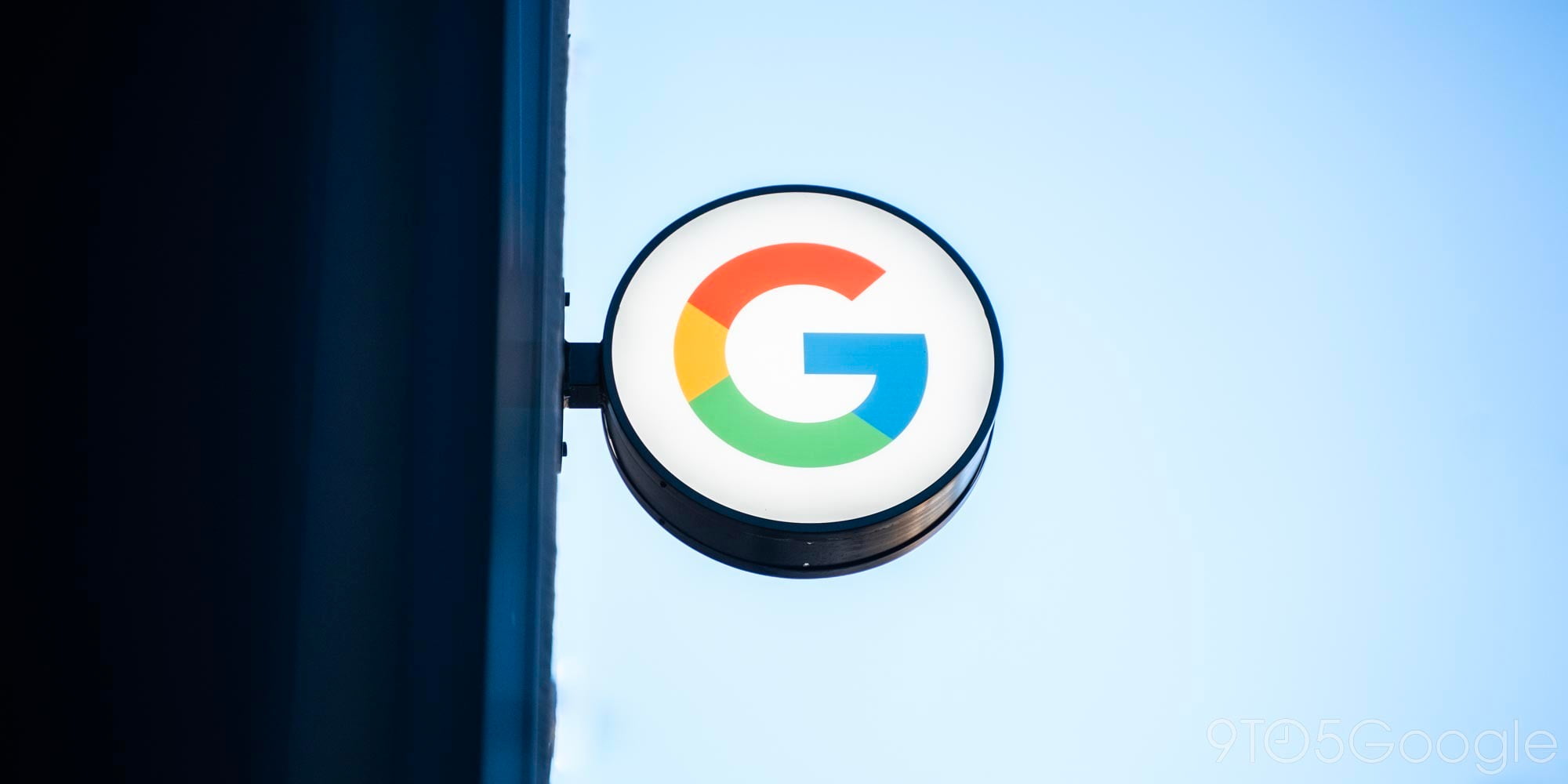
In November, Google Health detailed its mission to “help everybody live their healthiest life.” The division today published “initial findings” on using AI to improve breast cancer screening.
Google notes how “spotting and diagnosing breast cancer early remains a challenge.” Detection today is performed through digital mammography, but reading breast x-ray images is a “difficult task, even for experts, and can often result in both false positives and false negatives.”
In turn, these inaccuracies can lead to delays in detection and treatment, unnecessary stress for patients, and a higher workload for radiologists who are already in short supply.
The company’s solution involves applying artificial intelligence. Findings that were conducted over the past two years were published today in Nature:
These findings show that our AI model spotted breast cancer in de-identified screening mammograms (where identifiable information has been removed) with greater accuracy, fewer false positives, and fewer false negatives than experts.
It follows works in 2017 on detecting metastatic breast cancer from lymph node specimens, and deep learning algorithms that help doctors spot breast cancer.
Google Health collaborated with Alphabet division DeepMind, Cancer Research UK Imperial Centre, Northwestern University, and Royal Surrey County Hospital to “see if artificial intelligence could support radiologists to spot the signs of breast cancer more accurately.”
In this evaluation, our system produced a 5.7% reduction of false positives in the US, and a 1.2% reduction in the UK. It produced a 9.4% reduction in false negatives in the US, and a 2.7% reduction in the UK.
What’s notable is how the AI system didn’t have access to patient histories and previous mammograms, like doctors would normally use. The model was trained from de-identified mammograms of 76,000 women in the UK and 15,000 women in the US.
In an independent study of six radiologists, the AI system outperformed all of the human readers: the area under the receiver operating characteristic curve (AUC-ROC) for the AI system was greater than the AUC-ROC for the average radiologist by an absolute margin of 11.5%.
What’s next is more research, as well as “prospective clinical studies and regulatory approval” of how AI could aid in breast cancer detection. In the “coming years,” Google hopes to translate “machine learning research into tools that benefit clinicians and patients.”
FTC: We use income earning auto affiliate links. More.


Comments